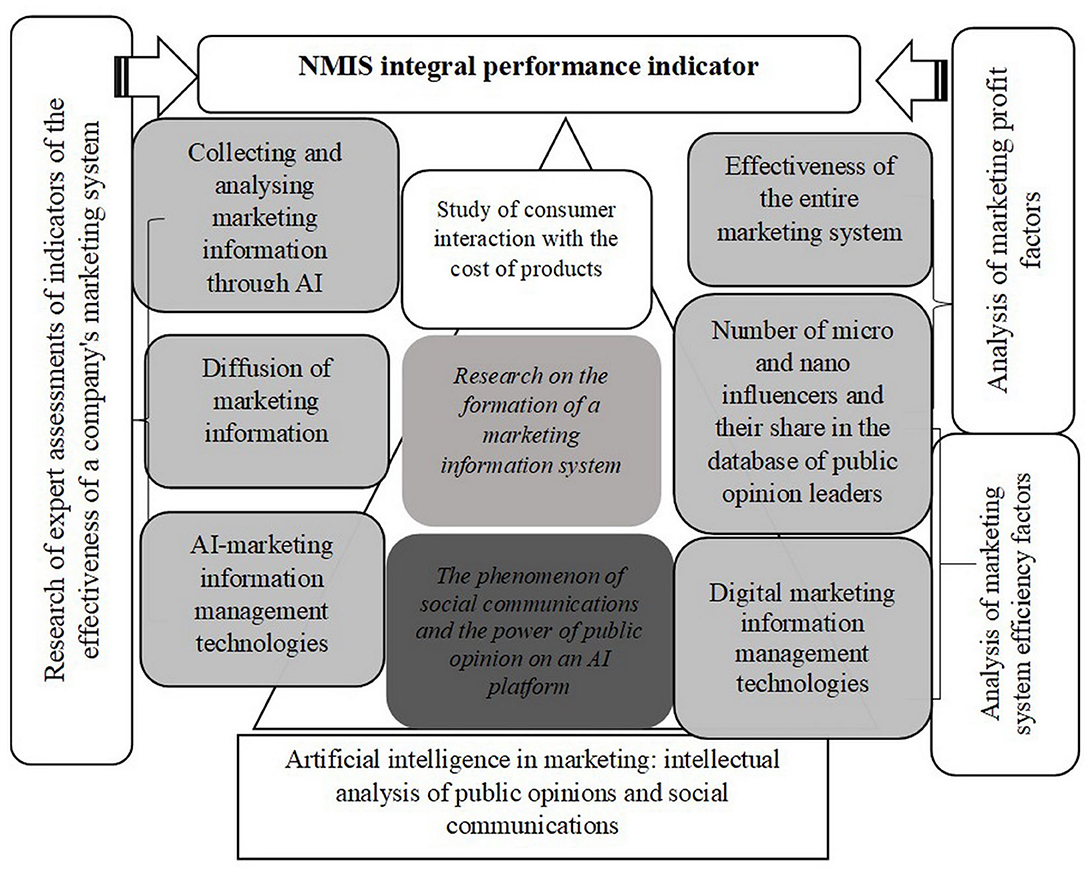
Title: Springer Nature Contributes AI Tool to Enhance Worldwide Initiatives Against Artificially Created Scientific Content
In a notable advancement aimed at reinforcing research integrity in the realm of academic publishing, Springer Nature has disclosed the contribution of its proprietary artificial intelligence (AI) tool, intended to identify AI-generated material in scientific manuscripts. This tool is set to become part of the International Association of Scientific, Technical & Medical Publishers’ (STM) Integrity Hub, a united platform designed to recognize and address integrity concerns in scholarly publishing.
A Technological Solution to an Escalating Issue
With the increasing prevalence of AI-generated content in academic submissions raising alarms, publishers are on the lookout for effective tools to maintain the authenticity and caliber of the literature they distribute. Springer Nature’s AI tool was crafted to tackle this specific challenge and has already shown measurable impact since its introduction a year ago. Developed in partnership with both AI and research integrity specialists, the technology has played a pivotal role in identifying numerous inauthentic submissions during the peer review phase, preventing their publication.
How the AI Tool Operates
The AI system functions by segmenting manuscripts into various parts and utilizing proprietary algorithms to evaluate the consistency and coherence of the text. Each part is given a probability-based score, reflecting the chance that the content was produced using AI technologies, such as large language models (LLMs). Higher scores indicate a greater likelihood of integrity concerns, prompting editorial teams to conduct further investigations or prioritize the paper for manual evaluation.
This scoring approach enables editorial personnel to effectively triage extensive manuscript submissions, focusing on those that require deeper examination while reducing editorial workload.
Integration with the STM Integrity Hub
The STM Integrity Hub is a cloud-based project initiated by the STM organization, serving as a centralized platform that allows publishers to check manuscripts for potential ethical violations with both proprietary and third-party tools. The inclusion of Springer Nature’s AI detection tool enhances the Hub’s capabilities, allowing more member publishers to utilize cutting-edge technology that was previously exclusive to one of the leading global academic publishers.
Chris Graf, Director of Research Integrity at Springer Nature and chair of the STM Integrity Hub Governance Committee, highlighted the significance of collaborative efforts across the community. “This tool results from a significant investment and a long-term interdisciplinary initiative,” he stated. “The emergence of AI has enabled unethical individuals to create counterfeit content easily, and tools like this that leverage AI and pattern recognition will be crucial for upholding trust in science.”
Broadening Access for Greater Impact
By contributing this tool to the broader publishing community via the STM Integrity Hub, Springer Nature seeks to optimize the technology’s potential, empowering both large and small publishers to more effectively assess the integrity of submitted works. This open strategy signifies a wider dedication to sharing technological advancements that bolster the global research framework.
This initiative aligns with ongoing efforts within the academic publishing sphere to manage the ethical integration of generative AI in scholarly communications responsibly. Projects like the STM Integrity Hub represent significant collaborative responses aimed at tackling the increasing sophistication of automatic text generators and other unethical methods jeopardizing research authenticity.
Looking Forward
As the use of AI continues to expand across various sectors, including academia, the demand for transparent and effective safeguards in peer review and scholarly communication becomes progressively crucial. Springer Nature’s contribution highlights the significant role of cooperation among publishers and organizations in combating misconduct and safeguarding the credibility of scientific research.
With a greater number of publishers gaining access to this AI detection technology through the STM Integrity Hub, the collective capability to identify and prevent the exploitation of fraudulent content in research is poised to markedly improve—providing a stronger line of defense in maintaining the integrity of academic literature worldwide.